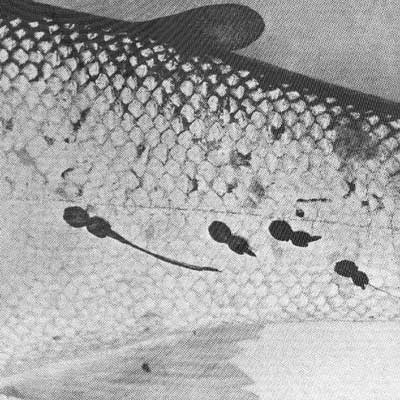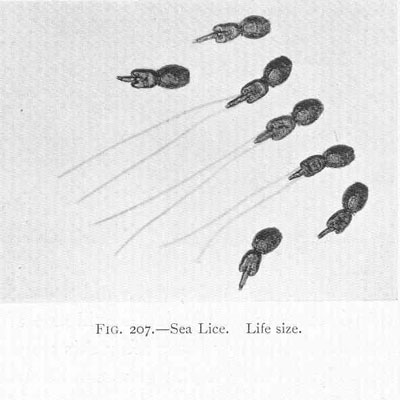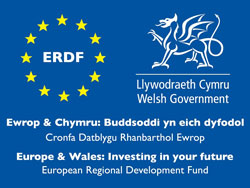CLEANER FISH
Every year the salmon industry needs 50 million lumpfish to clean salmon off sealice. Sealice are external parasites that feed on the skin and mucus of host marine fish. SMARTAQUA is researching ways of producing lumpfish sustainably to control sea lice.
With a plump body and a unique appearance, the lumpfish is rarely seen in markets or shops outside of Norway or Iceland. In Europe ‘lumpfish caviar’ can be purchased from most supermarkets.
But the lumpfish recently gained interest and fame in the aquaculture industry. The reason: lumpfish can clean farmed salmon of sealice.
Lumpfish are effective cleaner fish – they eat the ectoparasite copepods – Lepeophtherius salmonis, commonly known as sea-lice.
In the late 20th century, salmon farming became a profitable industry. Norway, Chile and Scotland dominate production, but intensive salmon farming has its challenges – caged salmon infested with sea–lice is one of several. Outbreaks can occur in farms and spread to wild populations. In large numbers sea-lice can reduce feeding and growth, cause anaemia, and reduce disease resistance leading to occasional mortalities.

Four Sea Lice on Sea Trout

Sea Lice
Until recently, the only option for delousing was with medicines but sea-lice developed resistance and there are very few compounds licensed for use. Having lumpfish in the salmon cages eating the sea-lice is an attractive and environmentally friendly alternative.
The SMARTAQUA team is researching ways of producing lumpfish sustainably. Lumpfish aquaculture started in the past decade on a small scale and it is still quite immature. However, the industry needs c. 50 million lumpfish every year to help meet its salmon production targets and CSAR has consolidated itself as one of the leading centres of lumpfish research.
Our research has produced nine Standard Operation Procedures (SOP) adopted by industry to improve the efficacy of lumpfish as cleaner fish.
Find out more and join our network of eco-innovators in the non-food aquaculture industry.
